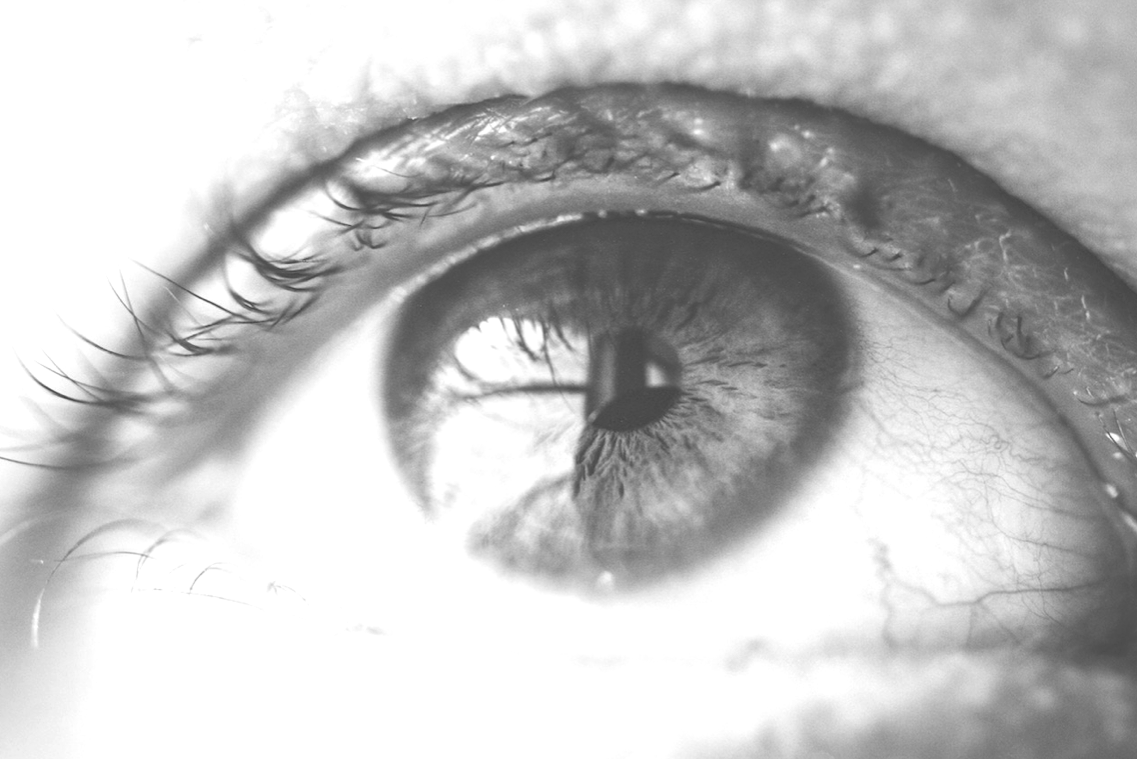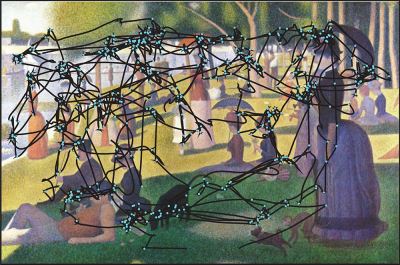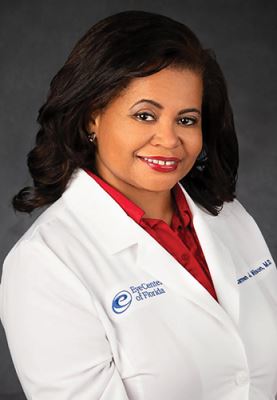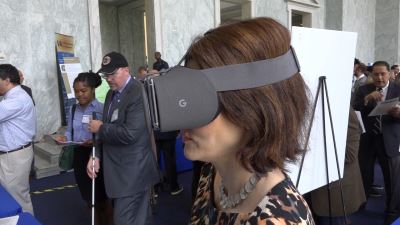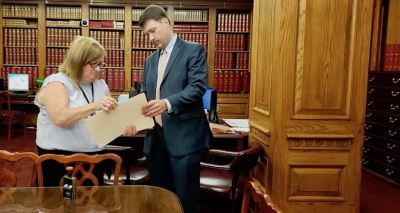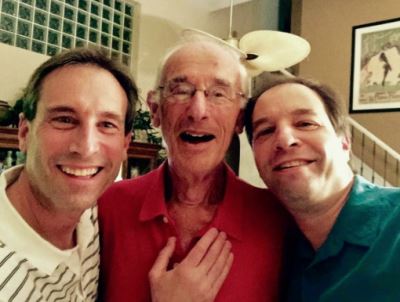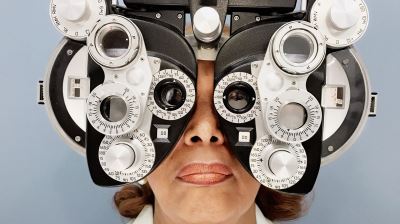Prior Postings
Our brains manage to construct stable images even as our eyes keep jerking around. Here’s what we know about how that happens.
David C Brown a cataract surgeon and the founder of as well as the owner of The Eye Center of Florida in Immokalee (ECOF). The Immokalee office recently hired an Ophtamologist. Her name is Carmen Josefa Wilson, she was born in Malaga, Spain to Mr. and Mrs. George Wilson, who raised her in the Bronx, …
Dr. Michael Wall is one of many doctors invited to display their creations at VA Research Day on the Hill on Thursday.
A simmering battle over expanding procedures for optometrists is likely to be one of the session’s most watched, literally, debates in 2019. After an interim study looked at what other...
A coalition of Arkansas doctors are looking to deploy a rarely used ballot referendum to knock a new law off the books that would allow optometrists to perform eye surgeries...
t's important to wear sunglasses to protect eyes from potentially damaging UV rays, says one New Jersey opthalmologist.
Andrew Taylor, Professor of Ophthalmology, highlights research to understand the molecules that mediate ocular immune privilege so they can be adapted for chronic autoimmune uveitis.
Dr. Gerstenfeld left behind an amazing legacy.
Bath was the first African American female doctor to receive a medical patent
NHS commissioners are ignoring clinical guidelines by rationing access to cataract surgery, an investigation by The BMJ finds New evidence gathered by The BMJ shows that patients with cataracts are being screened and that those who don’t meet visual acuity thresholds are being denied surgery. This is despite NICE’s guideline, which says that cataract removal is cost effective and should not be restricted to the more severe cases.12 In 2018-19 more than a fifth (22%) of patients in England who needed cataract surgery were screened, three times the proportion of 7% in 2016-17 (fig 1). Fig 1 Screening referrals Mike Burdon, president of the Royal College of Ophthalmologists, who also chaired NICE’s guideline committee, said that it was his mission before he stepped down as president in a year’s time to convince clinical commissioning groups (CCGs) to stop rationing cataract surgery and not to label it a procedure of “limited clinical value.” He said that this approach was “unjustified whatever way you look at it.” He added that it was a false economy for CCGs to apply criteria for cataract surgery as a way to control costs. Cataract surgery is the most common operation in the NHS, with more than 400 000 procedures performed every year in the UK. Experts had hoped that NICE’s 2017 guideline would make it harder for NHS commissioners in England to ration treatment for financial reasons. But The BMJ ’s analysis shows that rationing has actually risen in parts of the country since then, with patients increasingly having to meet strict criteria before they can be referred for surgery. Among the 185 CCGs that provided data (95% response rate), the investigation found that almost 2900 prior approval requests or individual funding requests for cataract surgery were rejected last year, more …
